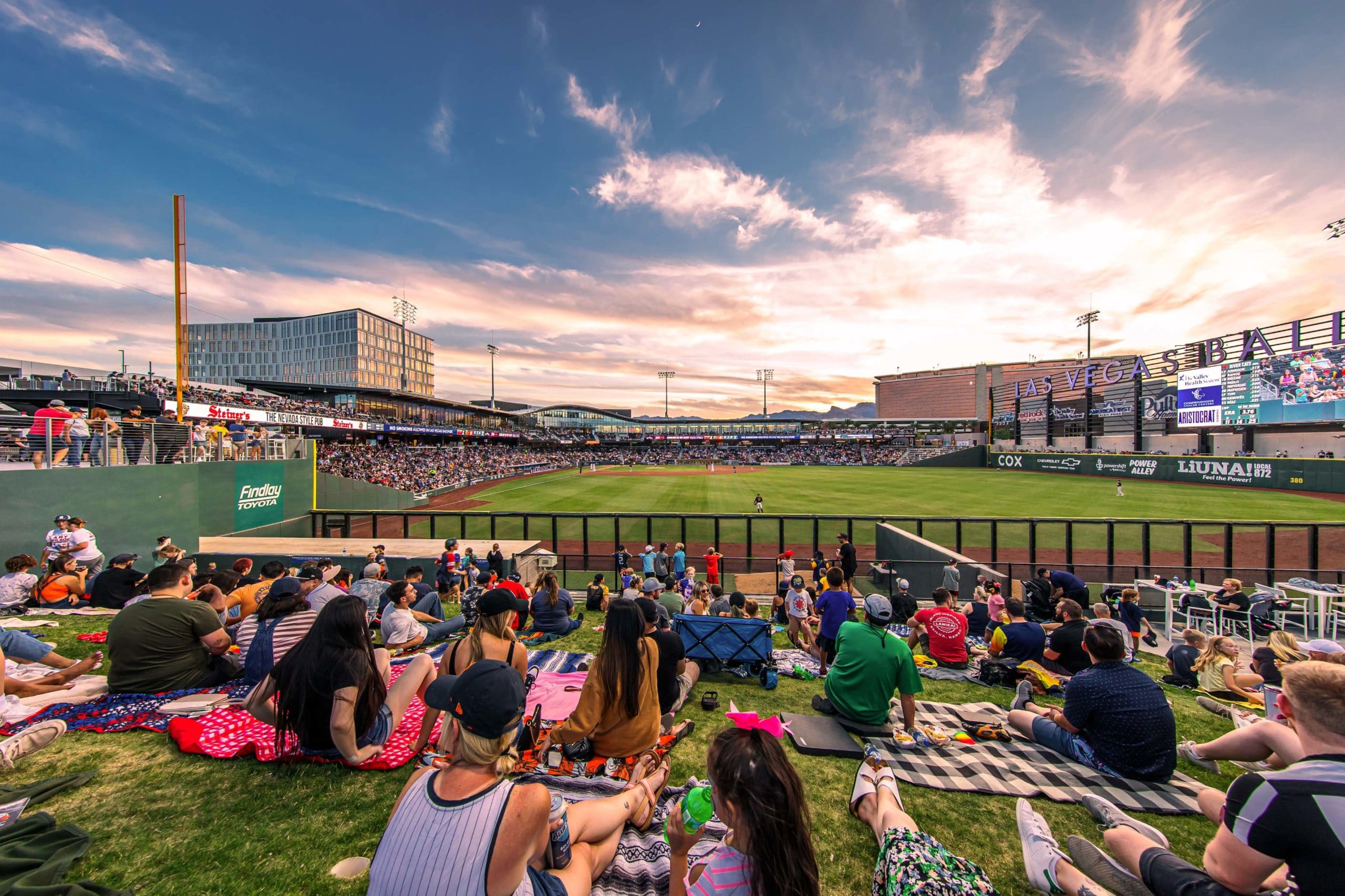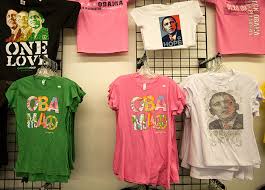eminence wrote:Doctor MJ wrote:eminence wrote:
I could be wrong, but to me the only two areas in the US big/wealthy enough to well support two teams in the same league are NYC/LA.
The Bay is in that next tier with Chicago/DC/Dallas.
Excellent thing to consider.
So here's the thing, when we look at metro areas, San Jose is not grouped in with San Francisco (whereas Oakland, which is closer to SF, is). If we do group them together and take the GDP of the entire Bay area, here's how it would stack up using 2020 data:
1. New York 1,550 billion
2. Los Angeles 880 billion
3. Bay Area 870 billion
4. Chicago 590 billion
We can debate about whether it's fair to group San Jose with San Francisco, and whether it's fair not to include other cities in with Chicago/DC/Dallas, but I do think the Bay Area as a whole is pretty comparable to the Los Angeles area, and thus it makes for 2 teams.
And of course, if we don't include San Jose with San Francisco, then San Jose is big enough in its own right to get a team in a 30-32 team American league.
I'm not sure about using 2020, I'm unsure if it's representative of the average year. The first table I pulled up (2018) has that as notably down for NYC/LA/Chicago, but approximately consistent for the Bay. Now, that could be reality going forward, or it could be pandemic driven.
1. NYC 1772
2. LA 1048 (1235 with Riverside - I don't know of any other major locals that 'should' be added to any of the major cities, but I think Riverside probably should be)
3. Bay 880 (with San Jose)
4. Chicago 689
I'm also unsure of the best indicator generally for ability to support a sports franchise, whether to lean more heavily into GDP or population generally (where SF and the rest of the Bay would fall considerably behind the big two and really be more of a third tier US metro).
Edit: Overall I'd have the Bay top 5 for sure, but I think fairly even with Chicago for 3/4 as opposed to the 1-2 of NYC/LA. (Dallas probably 5th and a city I think would probably struggle to support a 2nd franchise in most sports). The Bay and Chicago more in a 'maybe' camp. Obviously Chicago has kept both the Cubs and White Sox for more than a century, so that's impressive.
Fair enough using 2018 rather than 2020.
Re: Including Riverside. Debatable, but I understand why you'd include them, but parts of Riverside are closer to San Diego, Vegas or Phoenix. Of course as I say that, you can argue that Vegas should just be seen as the red light district of LA.

Re: GDP or population. Debatable, but if we're talking about people actually traveling to the games, then they aren't likely to be coming from Riverside to LA in this day and age of intense traffic.
Re: Chicago kept 2 baseball teams. This is where I think we need to consider that sports are just more culturally important in places other than California. Personal story:
My wife and I were both born and raised in Cali, but I was raised in a sports family whereas she was raised in a more intellectual family. When she went to college in Chicago she quickly realized that to take part in basically any social situation, you had to at least casually follow what was going on with all the major sports teams in a way you just plain don't in the fair weather state.
In terms of what that means for Vegas, well, I'd say they aren't really making this move because they think Las Vegans will be hard core supporters so much as they are thinking that cold weather people would love to go on a vacation to Vegas to watch their team play a series.















